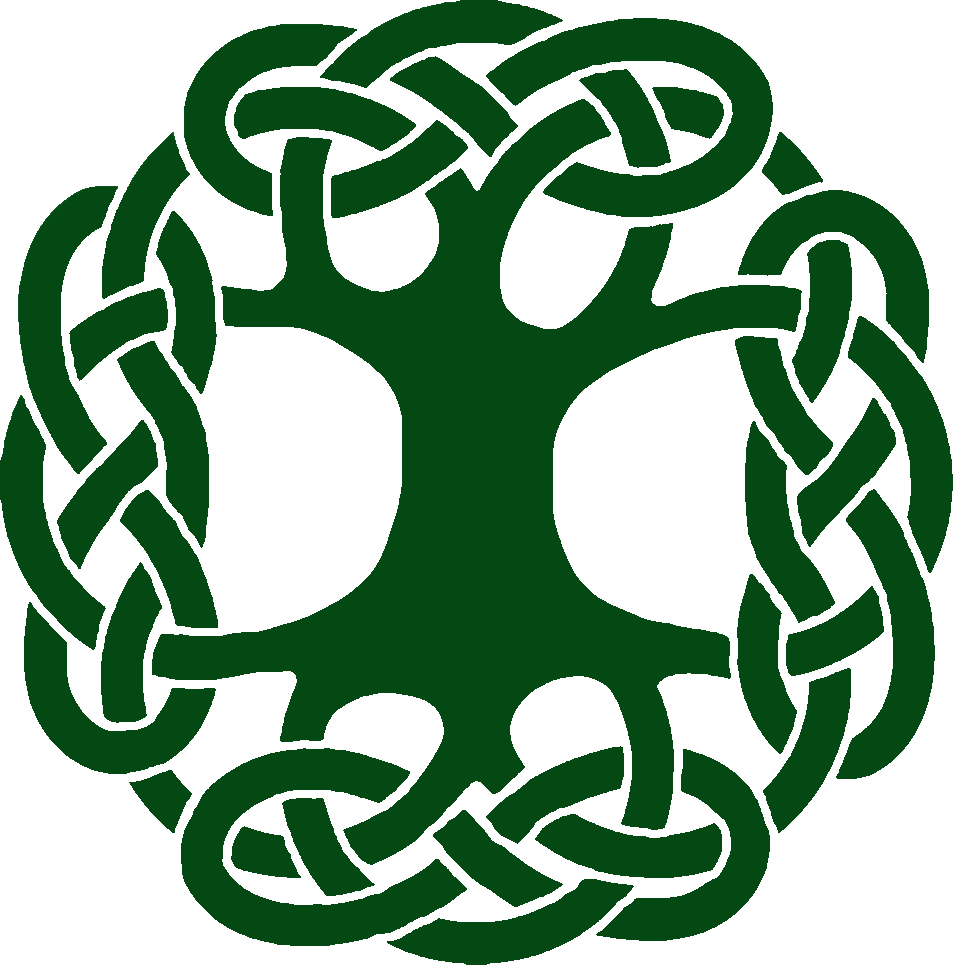Comparative evidence
1.teu̯d, 1.steu̯d
• tundō ‘бить’, ‘стучать’, ‘клевать’, ‘толочь’, ‘молоть’, ‘высекать’ (из камня), ‘докучать’, ‘приставать’, ‘твердить’ (Дворецкий 1978: 1037)
quid hoc quid picus ulmum tundit? (Pl. As. 262)
cor … de labore pectus tundit (Cas. 415)
ingentem gemitum tunsis ad sidera tollint pectoribus (Verg. A. II 37)
saxum … quod tumidis summersum tunditur Euro (Verg. G. 3.382)
hordeum … madidum … in pila tundunt (Plin. Nat. 18.73)
• tudes ‘колотушка’, ‘молоток’ (Дворецкий 1978: 1035)
• studeō (усердно) ‘работать’, (прилежно) ‘заниматься’, ‘стараться’, ‘стремиться’ ‘поддерживать’, ‘быть (на чьей-то) стороне’, ‘изучать’ (Дворецкий 1978: 958‒9)
is apud scortum corruptelae est liberis, lustris studet (Pl. As 867)
maxime omnium nobelium Graecis litteris studuit (Cic. Brut. 78)
dumum studio haec priu’ quam ille redeat (Ter. Hec. 262)
ego me id facere studio (Pl. As. 67)
quamquam Volcano studes, cenaene caussa … nos nostras aedis postulas combuere? (Pl. Aul. 359)
cum studeret, habebatur bonus declamator (Sen. Con. 2.2.9)
Комментарий:
EDL: 593 “Lat.
studēre can be understood as a stative to *(s)tud- «to thrust», with the meaning «to be thrusting» > «to strive after»”.
Литература
Дворецкий 1978 = Дворецкий, И.Х. 1978.
Латинско-русский словарь. Москва.
EDL = de Vaan, M. 2008.
Etymological Dictionary of Latin and the other Italic Languages. Leiden: Brill.

